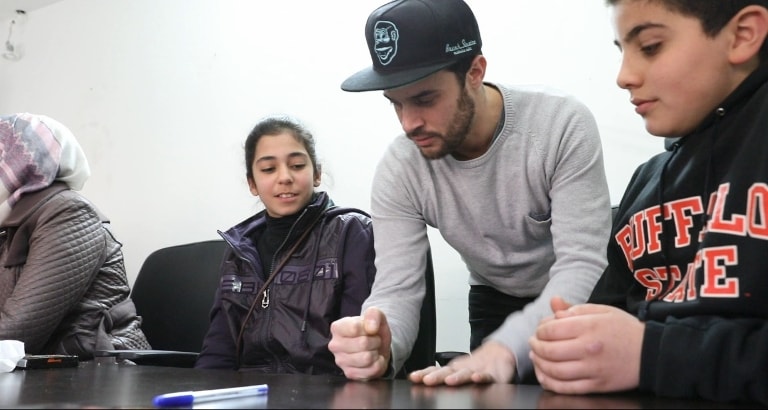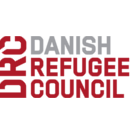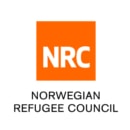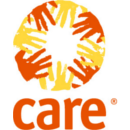Since 2011, the war in Syria has pushed more than 700,000 people to take refuge in Jordan, a third of whom are school-age children. The majority of this refugee population live precariously in urban areas–20% live in camps. Their arrival created significant pressure on Jordanian public services, particularly in education. The most populated regions in the north of the country had to set up a “double-session” system to take in the increased number of students. The reception of the Syrian refugees also posed a great challenge to community integration for both children and adults.
Since 2015, we have been working with international organizations and local authorities in Jordan to install Ideas Boxes in different locations and situations and to adapt it to the needs of the refugee and host communities.




